Iranians of all backgrounds have together built Iran, regardless of their personal opinions, religion, or ethnicity. In a series of reports, IranWire looks at prominent personalities from Iran’s ethnic and religious minorities who made major contributions to the country’s progress. If you know of such figures and their services to Iran, you can share it with us by emailing [email protected].
The establishment of the first specialized eye medical center in Iran started in 1952, in Shiraz, with the endowment of a land of over 2,500 square meters by Anayatollah Poostchi, a prominent Baha’i in Shiraz. After returning from the United Kingdom, where he had travelled for medical treatment of his own eyes, Poostchi donated 400,000 tomans of his own funds toward the building of this medical center. At the time, dangerous eye diseases and ailments such as trachoma, cataracts and glaucoma were common in Shiraz and cities around it and, because of limited medical facilities, many Iranians lost their sight.
Anayatollah Poostchi died that same year but his son Iraj, supported by his sister and brother, carried out the will of his father and, by selling a part of the father’s properties were able to contribute funds to build the medical center. Construction on the Poostchi Eye Hospital began in earnest six years after the land was secured, in 1958, and opened its doors several years later.
Who was Dr. Iraj Poostchi?
Iraj Poostchi was born on March 21, 1929, to a Baha’i family in Shiraz. He completed his primary and high school educations in this city and, after receiving his diploma, he went to the United Kingdom to continue his education. He first went to Guildford College to prepare for university and then continued his education at the National CofE Technology College in Nottingham.
Iraj had been interested in agriculture since his childhood so, after finishing college, he continued his education in agriculture at the University of Newcastle and received his bachelor’s and master’s degrees at this university.
He went to the United States to continue his education. After receiving his PhD in agronomy, the science and technology of producing and using plants by agriculture for food, fuel, fiber, chemicals, recreation, or land conservation, from Cornell University, he pursued advanced research at the University of California, Berkeley, and worked with the US Department of Agriculture.
Teaching at the University of Shiraz
In 1961, Dr. Poostchi received an invitation from Shiraz University to teach agriculture. He had a good academic and professional position in the United States but he loved his country and was eager to serve its people. He returned to his birthplace and started teaching and pursuing research at Shiraz University.
After teaching for some time, Dr. Poostchi founded the Department of Rural Development at Shiraz University and directed its Rural Training Centre, becoming the founder and first director of its Agricultural Experimental Station.
Dr. Poostchi always tried to stay current with his field and used his sabbaticals for this purpose. He spent his first sabbatical as a research assistant at the University of Colorado and his second sabbatical at the University of Reading in England.
Poostchi Eye Hospital
From the moment that Dr. Poostchi returned to Iran, he worked on his father’s specialized eye medical center. The project was moving forward slowly for various reasons, chief among them lack of funds, but finally, in 1963, his efforts bore fruit and the hospital was completed and ready to open its doors. Gradually, the necessary advanced medical equipment was imported from Germany and the hospital started to admit and treat patients.
To pay hospital expenses, Dr. Poostchi founded and oversaw the Anayatollah Poostchi Endowments and Charity Organization.
Finally, in 1965, the first patient was treated at Poostchi Eye Hospital. In 1969, a cooperation agreement between Shiraz University of Medical Sciences and Iraj Poostchi was signed and, in the same year, through the tireless efforts of Dr. Khodadoust, director of Shiraz Medical School’s Department of Ophthalmology, specialized courses in ophthalmology for students at the university began. In 1973, again thanks to the efforts of Dr. Khodadoust, the first “eye bank” of Iran was founded at Poostchi Hospital and the first cornea transplant surgery was carried out.
Anayatollah Poostchi’s bequest has now turned into one of the most modern medical centers in Iran and, every day, hundreds of patients from across the country visit the hospital to be examined and treated. Poostchi Eye Hospital has eight sub-specialized clinics and 24 labs and para-clinical service centers. Also, the first Ophthalmology Research Center in Iran started its activities at this hospital in 2000.
Teaching Villagers after Land Reform
In 1963, Shah Mohammad Reza Pahlavi launched land reform as a major part of his White Revolution. Under this program, major landowners were forced to give up ownership of vast tracts of land for redistribution to small-scale cultivators, and around 2.5 million rural families became small agricultural landowners. But they faced many problems because they were cut off from access to markets and other facilities and resources that they needed.
Dr. Iraj Poostchi, while teaching at the university, started visiting various rural areas in Fars province and other parts of Iran to help farmers deal with their problems. The help provided by Poostchi and others like him was vital to the survival of the new landowners.
The 1979 Islamic Revolution and Emigration from Iran
At the height of the 1979 Islamic Revolution, Dr. Iraj Poostchi went to the UK at the invitation of the University of Reading in England and with the consent of Shiraz University. While there, the Shah’s government was overthrown and the government of the Islamic Republic took over.
Almost immediately after the Islamic government took over, harassment of Baha’is across the country started. Many Baha’is went missing, were imprisoned or were executed. Baha’i cemeteries were destroyed and Baha’i properties in various cities were destroyed or confiscated.
Iraj Poostchi was a well-known Baha’i in Shiraz and a member the Baha’I community’s elected administration. Under such conditions, it was likely that he would be arrested if he returned to Iran, so he decided to prolong his stay abroad, hoping against hope that perhaps one day the Islamic regime would stop harassing the Baha’is and he would be able to return to Iran and his teaching. But his sojourn never ended and he continued his scientific work and research in Britain until the end of his life.
Life Abroad
From 1979, Iraj Dr. Poostchi took up residence in the UK. He continued teaching and research at the University of Reading and with the University of Guelph in Ontario, Canada. He also served as an advisor to the United Nations’ Food and Agriculture Organization. Another achievement of Dr. Poostchi in exile was the founding of the International Society for Agriculture and Rural Development.
During his years of service, Iraj Poostchi participated in 800 agricultural development projects in more than 25 countries. He was a defender of the rights of local farmers against increasing encroachment by big agricultural and food companies.
Iraj Poostchi was recognized as an agricultural expert at the international level. His friends never forget his kind demeanor, his witty nature and his pleasing Shirazi accent. He passed away at the age of 79 on May 30, 2008, in Henley-on-Thames in England.
Dr. Poostchi authored three books in English: Rural Development and Developing Countries: An Interdisciplinary Introductory Approach, Crop Production in Europe and the CIS and Agriculture Beyond 2000: A Baha'i Perspective. He also authored a book in Persian titled The Vegetable Garden and Its Cultivation which was published in Tehran in 1971.
visit the accountability section
In this section of Iran Wire, you can contact the officials and launch your campaign for various problems








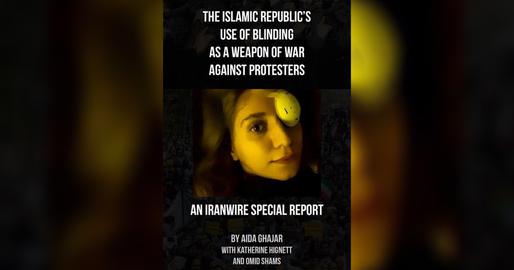


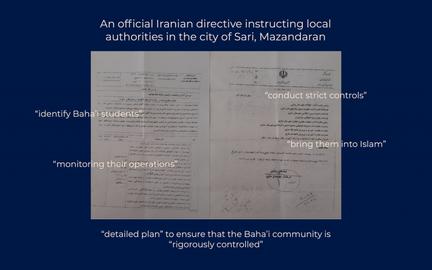

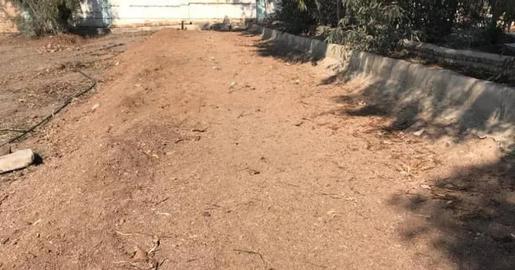
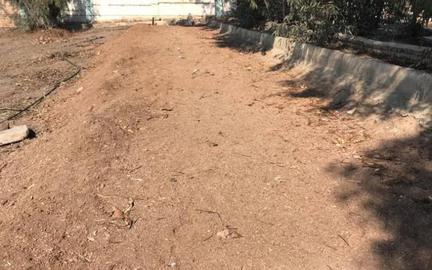

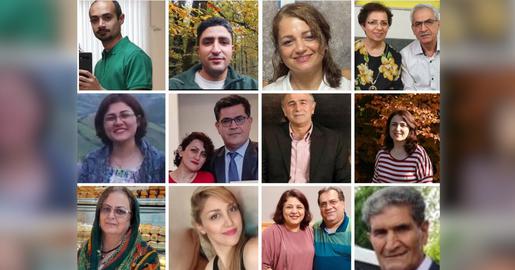
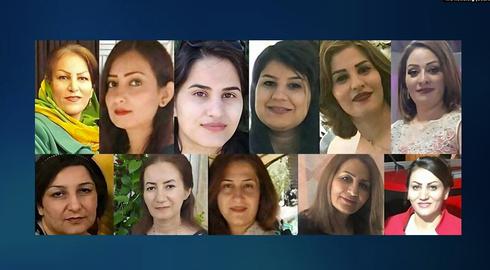
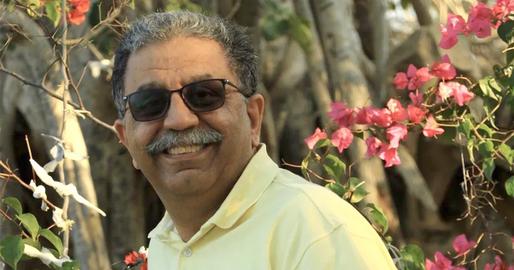



comments